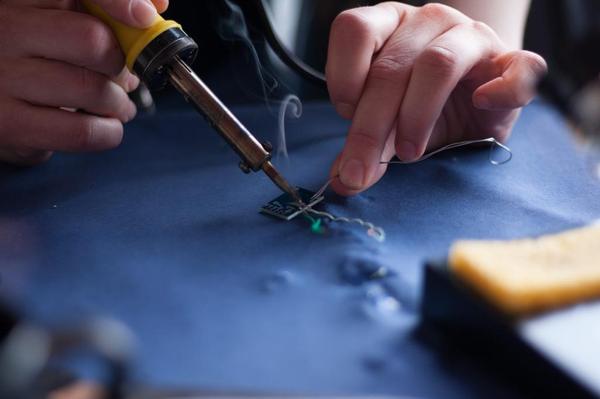
Lead Solder vs Lead-Free Solder in PCB Manufacturing
Soldering is essential for fabricating printed circuit boards (PCBs). Without solder, connections between components on the board would be unreliable or nonexistent. Depending on the type of PCBs produced, lead-based or lead-free solder is used to create reliable electrical connections.
Lead-based solder has been around for decades and is still a popular choice for many PCB applications. However, with the advancement of modern technology, lead-free solders are gradually gaining in popularity. T
Lead-based solder has been around for decades and is still a popular choice for many PCB applications. However, with the advancement of modern technology, lead-free solders are gradually gaining in popularity. T
